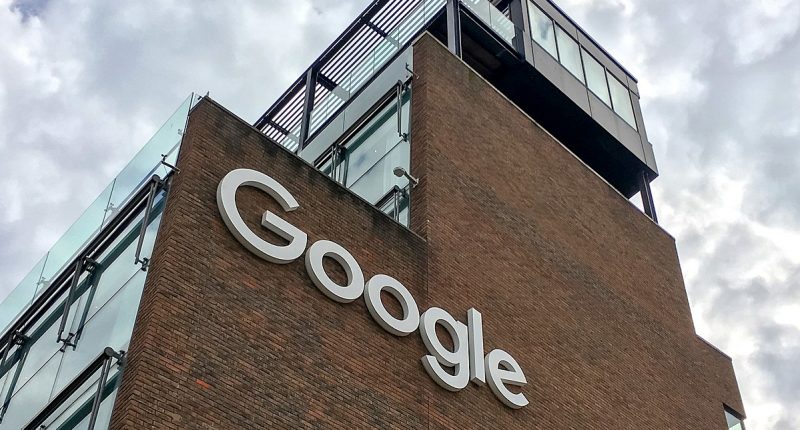Generative AI has already proved its mettle when it comes to generating text (and recently, images) from simple prompts – as is evident from the success of ChatGPT, Bard, and the plethora of chatbots that have cropped up in recent times. With that, come growing concerns from original creators, authors etc. on use of their work, or copying of the same by generative AI creators. Google, it seems, is going to protect those generative AI content creators, joining in the likes of Microsoft, Adobe and others.
In response to the mounting concerns within the industry regarding the unintentional violation of existing copyright regulations by generative AI technologies, the tech behemoth will now protect users against potential copyright infringement lawsuits. Google’s commitment sounds unequivocal: customers using products now equipped with generative AI capabilities will enjoy legal protection should they encounter copyright-related challenges. Now, users of Google’s generative AI products can engage with these tools with reduced apprehension about copyright-related legal challenges. Google has singled out seven specific products that fall within the scope of this assurance. These include Duet AI in Workspace and in Google Cloud, Vertex AI Search, Vertex AI Conversation, Vertex AI Text Embedding API, Visual Captioning on Vertex AI, Codey APIs.
“Earlier this year, we embedded Duet AI — an always-on AI collaborator — across our products, from Google Workspace to Google Cloud Platform, and made major advancements to Vertex AI that allow customers to safely, securely, and responsibly experiment and build with generative AI foundation models. We’ve been thrilled to see the innovative use cases you’ve developed from across many industries. We put a lot of thought into how we can instil trust and confidence into these AI offerings, and today we’re pleased to share how we’re addressing one key area of interest for our customers: intellectual property indemnity as it pertains to generative AI,” Google noted in a blog post. “If you are challenged on copyright grounds, we will assume responsibility for the potential legal risks involved,” the company added.
Google is pioneering a “two-pronged, industry-first approach” aimed at ensuring intellectual property indemnification. For one, the company is offering protection against potential legal risks stemming from the training data it employs, particularly if this data includes copyrighted material. Importantly, this indemnity isn’t an entirely novel concept, as Google has always provided a standard third-party intellectual property indemnity for its services. However, Google is now explicitly confirming its protection in relation to training data used in generative AI models.
The other indemnity extends to the results generated by users when interacting with Google’s generative AI models. This includes content generated as responses to prompts or inputs. Google’s indemnity obligations also extend to allegations of copyright infringement for these generated outputs, providing a comprehensive level of protection. “Taken together, these indemnities provide comprehensive coverage for our customers who may be justifiably concerned about the risks associated with this exciting new frontier of generative AI products. While these indemnities provide powerful protections, we are also committed to maintaining an ongoing dialogue with our customers about other specific use cases that may need coverage,” the company noted.
This development does not mean that users are given free reign when it comes to AI and generative AI-generated content. Google’s protections will not cover users who intentionally create or use generated output to infringe upon the rights of others. Users must interact with AI responsibly, adhering to existing and emerging tools, such as citing sources, to ensure they do not infringe upon copyrights.
The Tech Portal is published by Blue Box Media Private Limited. Our investors have no influence over our reporting. Read our full Ownership and Funding Disclosure →






